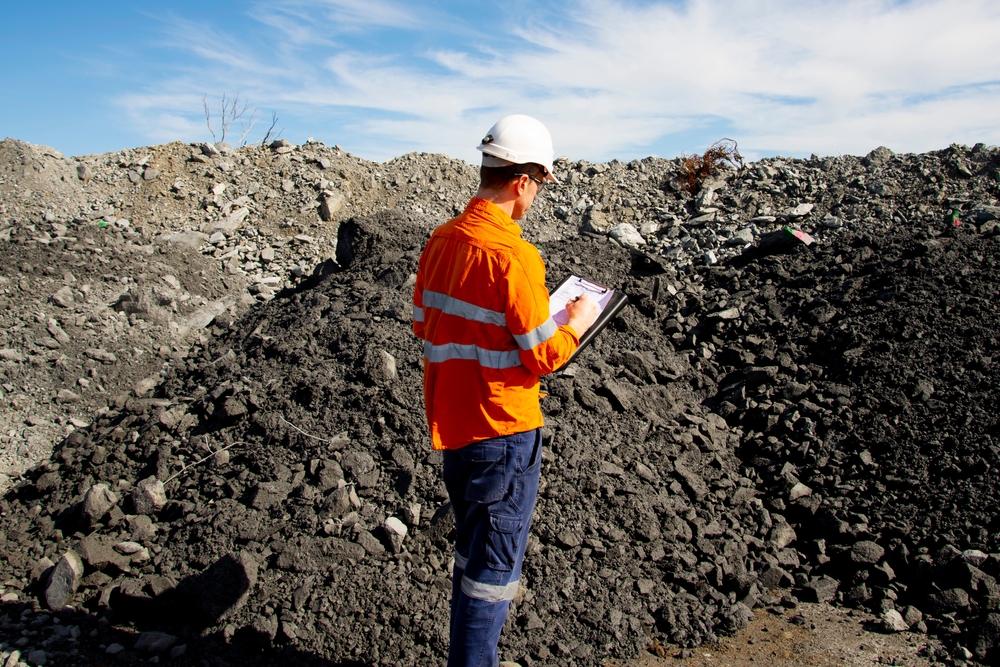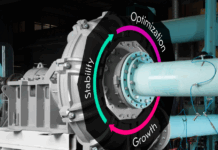Successful recovery of tin and palladium from electronic waste

MTM Critical Metals (ASX: MTM) has achieved successful results extracting metals from electronic waste (e-waste) using Flash Joule Heating (FJH).
This expands the list of recoverable metals to gold, silver, copper, tin and palladium, confirming the versatility of FJH in efficiently extracting multiple metals from e-waste.
This was achieved without the use of toxic acids, recovering approximately 86% of the tin and 82% of palladium content from printed circuit boards (PCBs), a common component of e-waste.
These advancements greatly enhance the commercial potential of FJH as an environmentally friendly solution for recycling metals from discarded electronics. The recovered metals are among the most valuable components in e-waste, substantially increasing the economic potential of recycling it through FJH technology.
MTM chief executive Michael Walshe says the company is thrilled by the progress made in demonstrating the versatility of FJH for e-waste recycling.
“The successful recovery of tin and palladium, alongside gold, silver and copper, highlights the significant potential of FJH as an efficient recycling solution for PCBs,” he said.
“With e-waste representing a vast untapped ‘urban mine,’ our technology offers a sustainable approach without the environmental burden of traditional mining or hazardous processing.
“We are excited to advance discussions with industry partners as we continue our journey towards commercialisation.
“E-waste is one of the fastest-growing components of solid waste with over 60mt produced annually of which only about 20% is recycled.”
This vast repository contains precious and critical metals like gold, copper and palladium, valued at over $103.6b (US$70b) in potential recoverable content.
E-waste contains a variety of valuable metals. For example, PCBs can contain up to 300g/t of gold, 1300 g/t of silver, 4% tin and 500 g/t palladium — concentrations far higher than in natural ores.
However, recovering these metals through traditional methods is energy-intensive, environmentally damaging and expensive. The majority of global metal recovery from e-waste is done in smelters/incinerators across China, India, Nigeria and southeast Asia, often using unregulated methods.






















